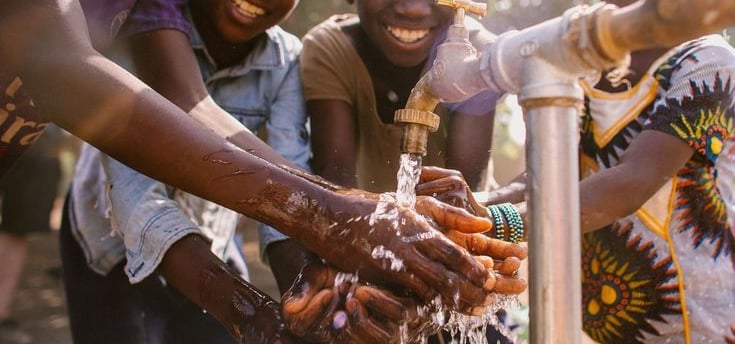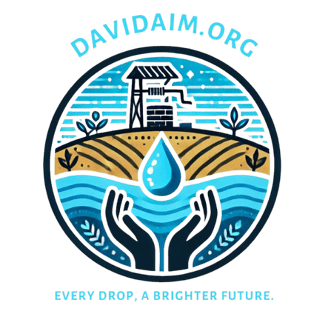Why Hygiene Education is Just as Important as Clean Water | David Aim
Why Hygiene Education is Just as Important as Clean Water | David Aim Access to clean water alone isn't enough—hygiene education is essential to prevent diseases and improve long-term health. Learn why proper sanitation, handwashing, and menstrual hygiene management play a vital role in community we
david aim
2/18/20252 min read


The Role of Hygiene Education
Hygiene education teaches people how to use clean water safely to prevent the spread of diseases. This includes practices such as:
Handwashing with soap – Reducing the risk of infections and diseases like diarrhea and pneumonia.
Proper sanitation and toilet use – Preventing contamination of water sources and the environment.
Menstrual hygiene management – Empowering girls with the knowledge and resources to manage their periods safely and with dignity.
Food hygiene – Ensuring safe food preparation and storage to avoid foodborne illnesses.
Preventing Disease and Saving Lives
Millions of people, especially children, die each year from diseases linked to poor hygiene and sanitation. For example:
Diarrheal diseases, often caused by unclean hands or contaminated water, remain one of the leading causes of childhood deaths.
Respiratory infections, such as pneumonia, are more likely to spread when proper handwashing is not practiced.
Skin and eye infections are common in areas where hygiene education is lacking.
Boosting School Attendance and Performance
Lack of hygiene education impacts education, especially for girls. Without proper sanitation facilities and hygiene awareness, many girls miss school during their menstrual cycle, leading to learning gaps and high dropout rates. When schools provide hygiene education alongside clean water, students are more likely to stay in school, concentrate better, and achieve academic success.
Community Empowerment and Sustainable Change
Hygiene education empowers communities to take charge of their health and well-being. When people understand the importance of hygiene and have access to the right resources, they become advocates for change. This leads to:
Reduced healthcare costs – Fewer illnesses mean lower medical expenses for families.
Healthier generations – Educating children on hygiene ensures they grow up practicing healthy habits.
Stronger economies – A healthier population leads to increased productivity and economic growth.
Taking Action
At David Aim, we believe that clean water alone is not enough. That is why we support hygiene education initiatives that equip communities with the knowledge to protect themselves and their families. By combining clean water access with hygiene education, we can create lasting, positive change.
Join us in our mission to ensure that clean water and hygiene education go hand in hand to build healthier, thriving communities.




